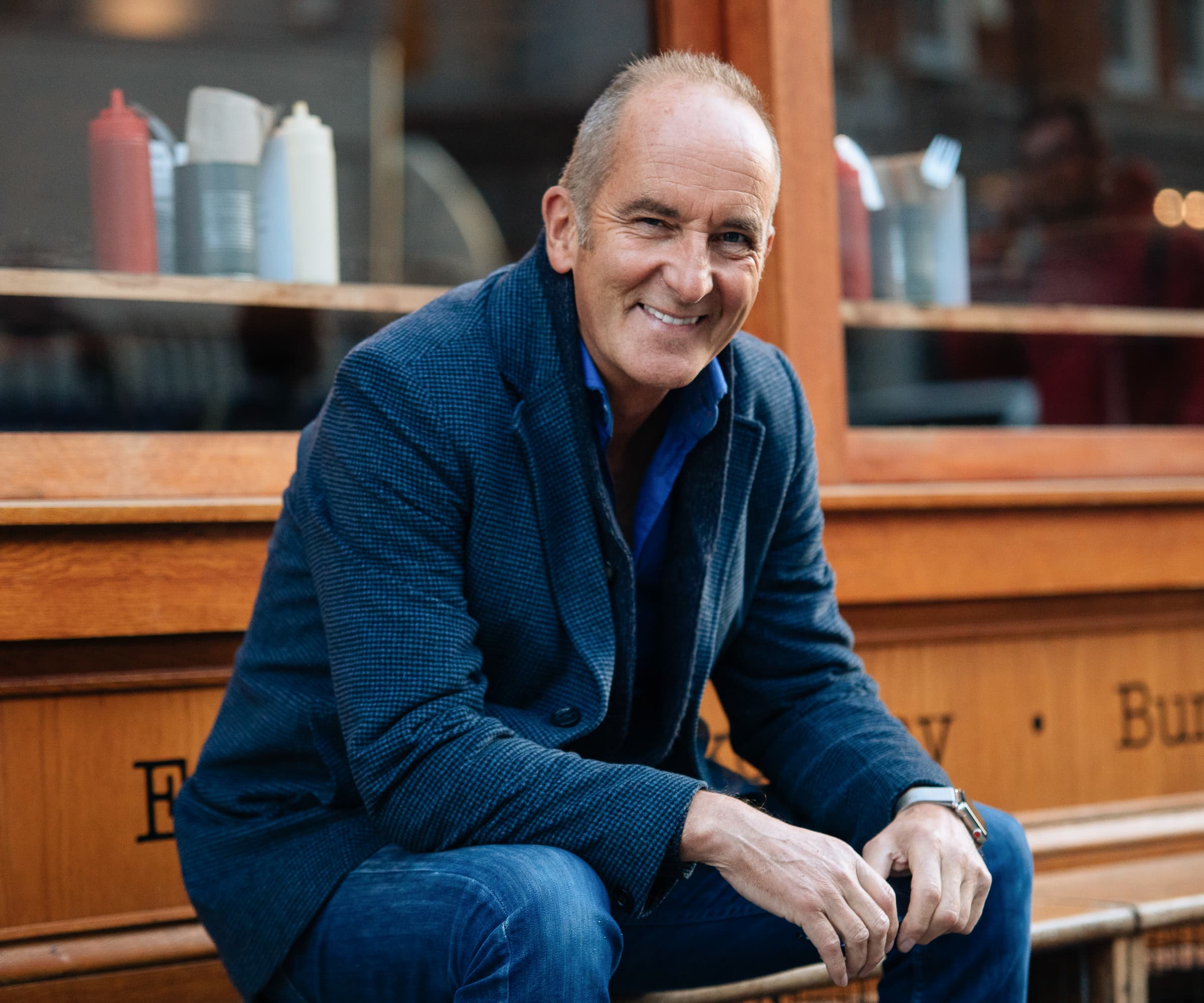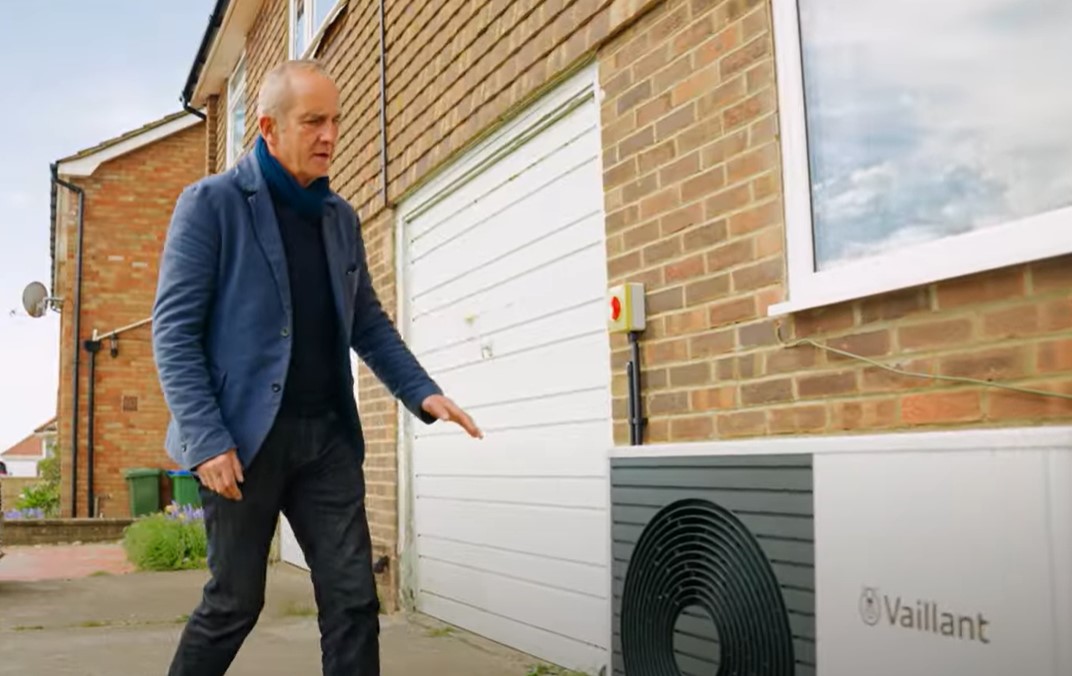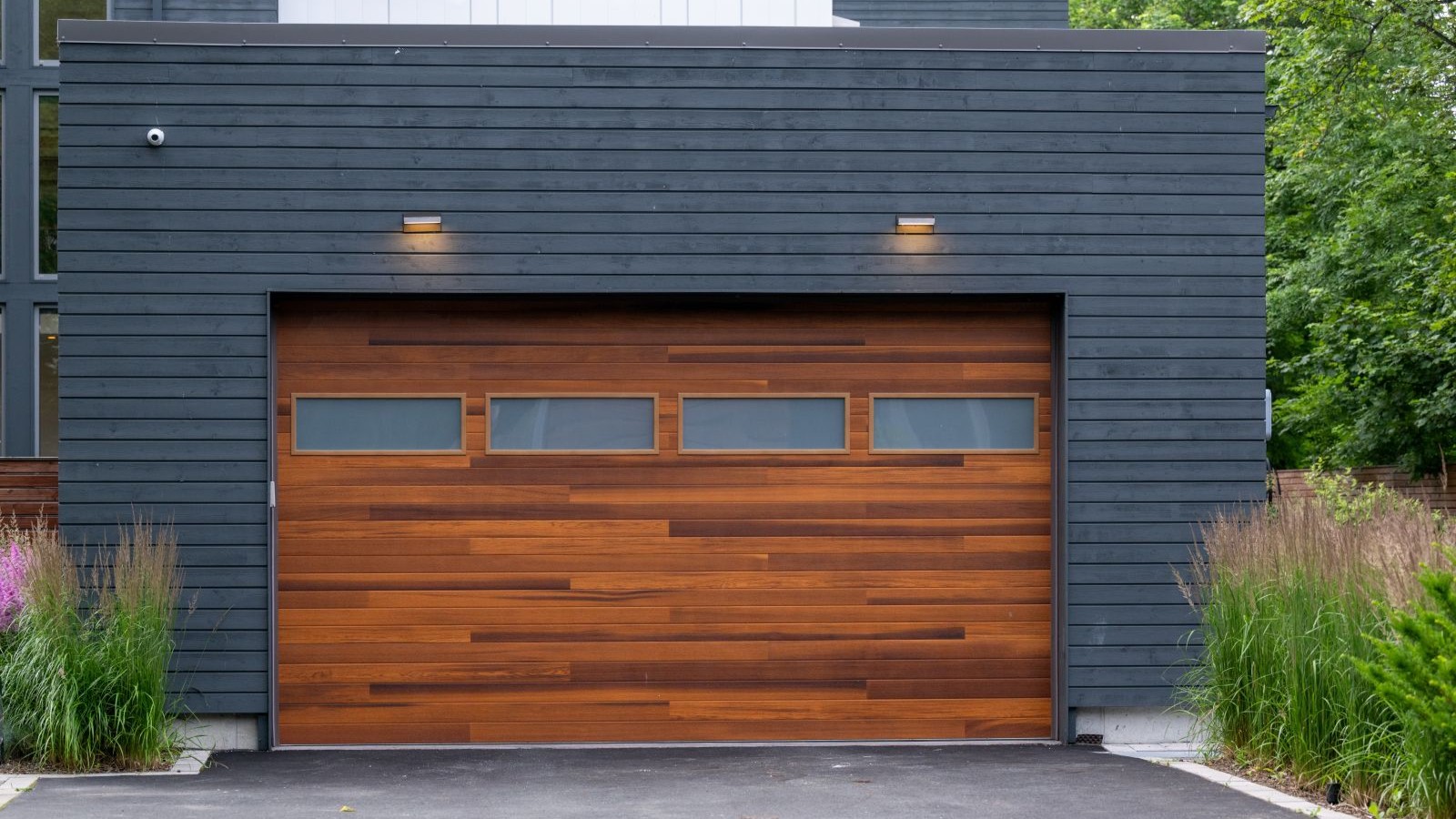Kevin McCloud says 'heat pumps aren’t good for poorly built, leaky houses... but neither are gas boilers'
Kevin McCloud, presenter of Grand Designs, explains why heat pumps are the future, provided homes are properly built to support them

Kevin McCloud, known for his expertise in home design and sustainability, remains a strong advocate for heat pumps as a greener alternative to traditional gas boilers.
Despite their growing popularity, McCloud acknowledges that heat pumps are not a universal solution, especially for homes that are poorly constructed or lack proper insulation, but neither are gas boilers.
McCloud said he believes heat pumps are a crucial part of the future of heating in well-built, energy-efficient homes.
'Heat pumps are fantastic in homes that are properly insulated'

McCloud has been vocal about his support for heat pumps, which draw heat from the air or ground and use it to warm a home.
Unlike gas boilers, which generate heat by burning fossil fuels, heat pumps are an eco-friendly alternative option to gas boilers that can significantly reduce carbon emissions.
"Heat pumps are fantastic in homes that are properly insulated and built to high standards," McCloud said. He’s quick to highlight that, when properly installed, heat pumps can offer a more sustainable and energy-efficient solution than traditional gas boilers.
Why gas boilers don’t work as well in modern homes
McCloud believes that gas boilers are not the long-term answer to the UK’s heating needs, especially in the face of growing environmental concerns.
Get the Homebuilding & Renovating Newsletter
Bring your dream home to life with expert advice, how to guides and design inspiration. Sign up for our newsletter and get two free tickets to a Homebuilding & Renovating Show near you.
While they have been the standard for decades, McCloud argues that they don’t measure up when it comes to sustainability.
"You can’t put a gas boiler in a poorly constructed house," he said. "If you have a building that leaks heat, putting a gas boiler in it is just as inefficient as using a heat pump in the same space."
For McCloud, both gas boilers and heat pumps are not suitable in homes that are not properly insulated. "There’s no point putting energy into a building that’s just going to leak it straight out. You’re just heating the planet, not the building," he explained.
The key to using sustainable heating systems like heat pumps effectively is ensuring the home is energy-efficient from the start.
McCloud says heat pumps are the future
Despite the challenges that come with poorly constructed homes, McCloud is optimistic about the role heat pumps will play in reducing the UK’s carbon footprint.
However, he stresses that heat pumps should only be used in homes that meet certain energy efficiency standards. "The focus should be on improving the quality of homes first," McCloud said. "Heat pumps are brilliant when they’re used in the right context - homes that are well-sealed and well-insulated."
McCloud’s message is clear: heat pumps are a fantastic solution for sustainable living, but they need to be paired with homes designed for energy efficiency.
As the UK continues its push towards greener energy, McCloud remains confident that heat pumps will be an essential part of the future - but only when the homes they’re installed in are ready to support them.

News Editor Joseph has previously written for Today’s Media and Chambers & Partners, focusing on news for conveyancers and industry professionals. Joseph has just started his own self build project, building his own home on his family’s farm with planning permission for a timber frame, three-bedroom house in a one-acre field. The foundation work has already begun and he hopes to have the home built in the next year. Prior to this he renovated his family's home as well as doing several DIY projects, including installing a shower, building sheds, and livestock fences and shelters for the farm’s animals. Outside of homebuilding, Joseph loves rugby and has written for Rugby World, the world’s largest rugby magazine.
